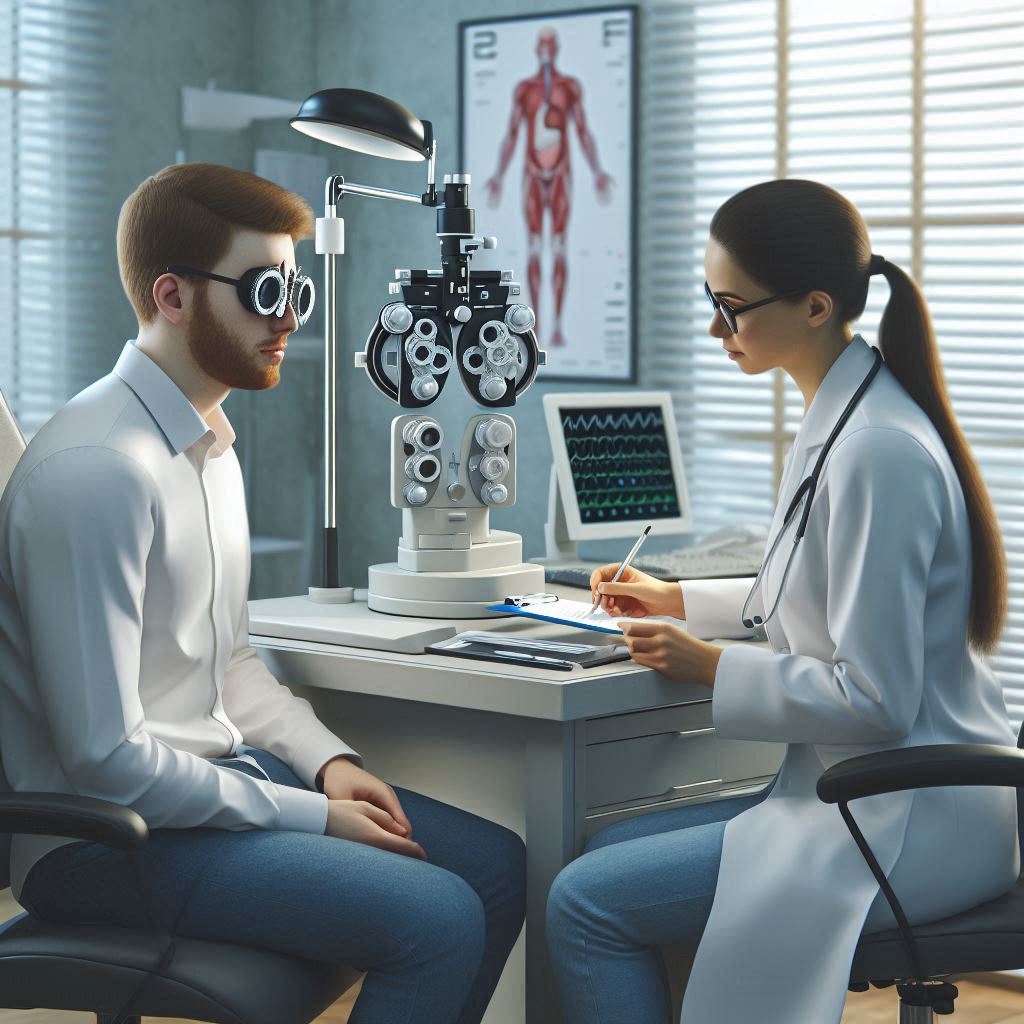
An eye specialist is a person who provides a service related to the eyes or vision. It is a general term that can refer to any healthcare worker involved in eye care, from one with a small amount of post-secondary training to practitioners with a doctoral level of education.
For example:
An optometrist (OD) examines eyes for both vision and health problems, prescribes glasses, and fits contact lenses. Optometrists prescribe many ophthalmic medications and may participate in your pre- and postoperative care if you have eye surgery. An optometrist must complete four years of post-graduate optometry school.
Most people fail to get regular check ups usually because they did not feel anything was wrong with their eyes. Still, even if your eyes seem to be working fine, it is important you get annual or at least bi-annual tests to help predict and detect problems down the road early on.
When choosing an eye doctor to care for your eyes and sight, consider the person’s qualifications, experience, services offered and patient satisfaction.
Because sight is so important, be proactive in the care of your eyes. Select a qualified eye specialist — one that has the right training and experience, can give proper diagnosis and treatment, is informative, promotes the best possible results, and shows genuine concern for the well-being of his or her patients.




